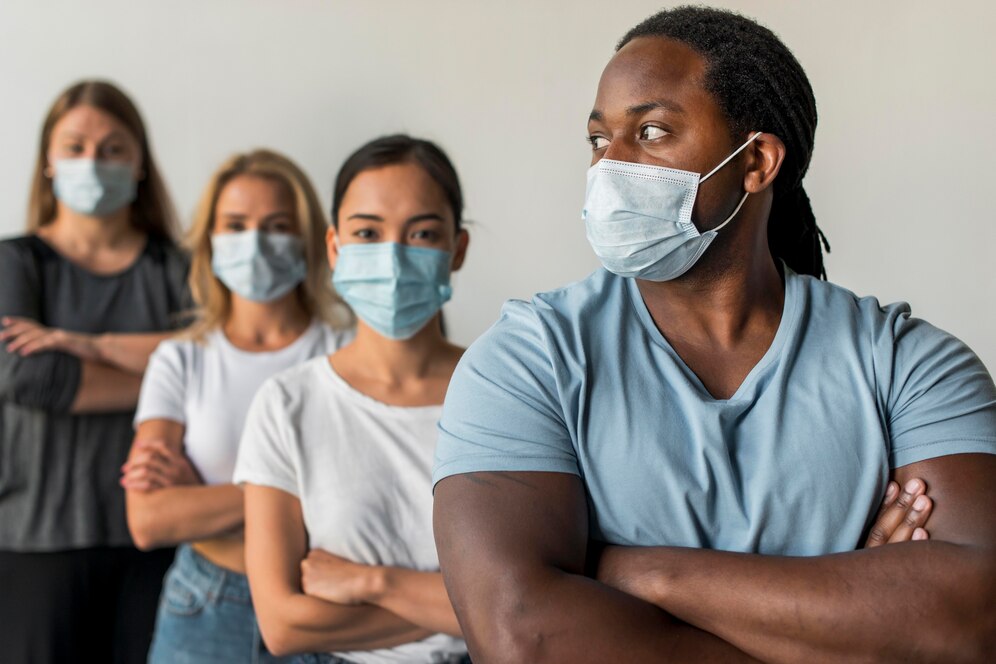The lack of gender and racial diversity in medical R&D in the United States is ever-present and persistent, including in trials for COVID-19 medicines and rare disease treatments, recent data shows.
Studies have demonstrated a “disproportionately higher risk of COVID-19 incidence, hospitalization, and death in racial and ethnic minority groups,” as well as “gender- and sex-based differences in COVID-19 incidence and outcomes,” a JAMA study shows. However, women and racial and ethnic minority groups were underrepresented in trials for COVID-19 therapeutic and preventive medicines.
Data collected from “122 U.S.-based COVID-19 clinical trials comprising 176 654 participants” shows only 44.6% of participants in trials for COVID-19 treatments were female. However, female patients made up 52.4% of the U.S. population with COVID-19 from October 2019 to February 2022.
With regard to the racial and ethnic inequities in COVID-19 trials, data demonstrates “estimated representation in prevention and treatment trials vs. the U.S. population” with COVID-19 was only 7.2% among Black people, who made up 14.1% of the U.S. COVID-19 population, and only 3.8% among Asian people, who made up 5.9% of the U.S. general population.
In summary, “female participants were underrepresented in treatment trials, Asian and Black participants were underrepresented in prevention trials, and Hispanic or Latino participants were overrepresented in treatment trials.”
Gender, racial inequity persists in rare disease research
To paint the picture grimmer, another study found earlier this year that female and Black patients with rare diseases also have poorer health outcomes.
The situation is equally serious in rare disease R&D where, according to Alexion’s Head of Global Corporate Affairs, Tamar Thompson, inequities show up in diagnosis, treatment, and trials, with challenges “compounded for racial and ethnic minorities and marginalized groups.”
Earlier this year, the National Organization for Rare Disorders (NORD) research showed that cystic fibrosis received 3.5 times more NIH R&D funding and 440 times as much foundation funding in 2008-2017 than sickle cell disease (SCD), although it affects fewer than half as many (around 40K) Americans compared to about 100K Americans, predominantly Black and African Americans, affected by SCD.

BIO aims toward more equitable R&D
Thompson sees part of the solution to the equity problem in “outreach and education within minority and ethnic communities and their health-care provider,” and “engaging early and often with patients to understand their journeys are crucial to uncovering what health inequities they face.”
“Raising awareness of rare diseases among these communities can make a difference in care,” she underscored.
The Biotechnology Innovation Organization (BIO) is working to make R&D more equitable, aiming to “counteract the systemic inequality, injustice, and unfair treatment of underserved communities” via the BIOEquality Agenda, “a national effort in collaboration with BIO partners and member organizations in the biotechnology sector.”
BIO efforts also include public information campaigns to improve clinical trial representation and the diversity and inclusivity of the industry, as well as ongoing discussions on health equity and systemic bias, as we’ve previously written.




